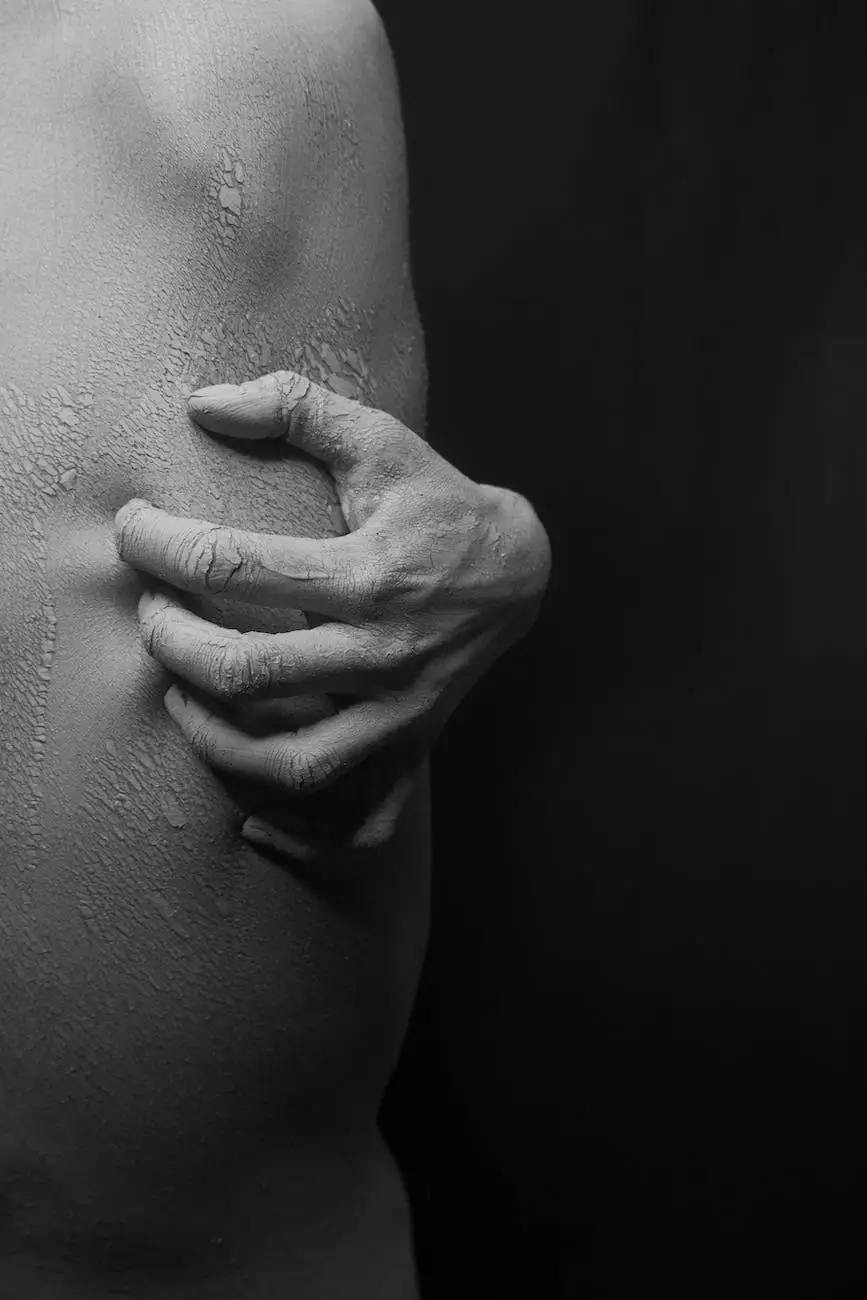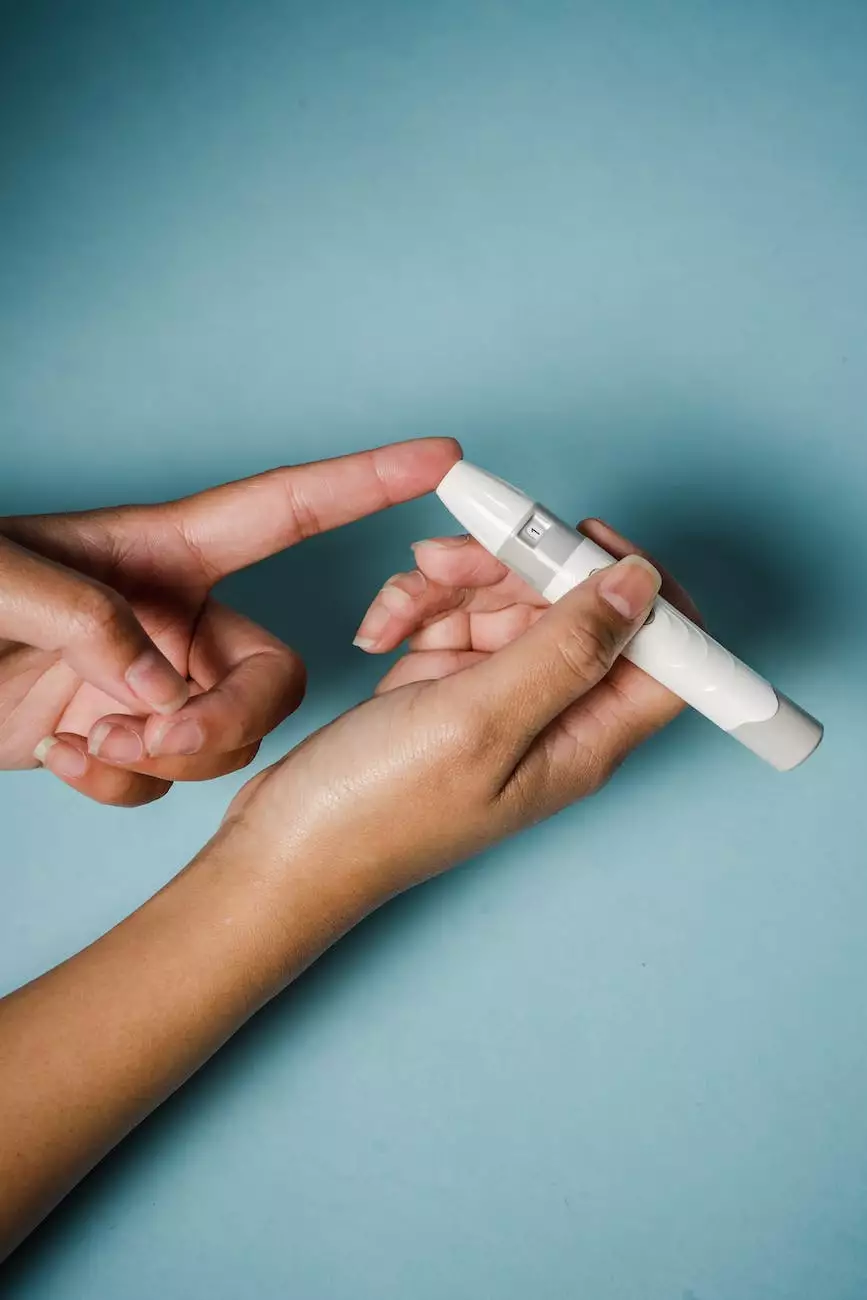Concussions - Tony Tropea | Mary Jo Giagiari, D.C.
Conditions
Introduction
Welcome to the comprehensive guide on concussions provided by Mary Jo Giagiari, D.C. and Tony Tropea. We understand the importance of understanding concussions, their symptoms, treatments, and prevention strategies. In this guide, we aim to provide you with all the essential information you need to know about concussions and how we can help you recover.
What are Concussions?
Concussions are a type of traumatic brain injury that occur from a blow or jolt to the head. They can also occur from a fall or a blow to the body that causes the head and brain to move rapidly back and forth. These injuries can result in various symptoms and require immediate attention.
Common Symptoms of Concussions
Concussions can manifest in a wide range of symptoms, both physical and cognitive. These symptoms may appear immediately or develop over time. Common symptoms include:
- Headache: One of the most common symptoms of concussions is a persistent headache that may vary in intensity.
- Dizziness: Feeling lightheaded, off-balance, or experiencing a spinning sensation can be indicative of a concussion.
- Nausea: Some individuals may experience feelings of nausea or vomiting following a head injury.
- Confusion: Concussions can cause confusion, disorientation, and difficulty focusing or concentrating.
- Memory problems: Forgetfulness or difficulty remembering recent events are typical cognitive symptoms of concussions.
- Changes in mood and behavior: Mood swings, irritability, anxiety, or depression can be noticeable after a concussion.
- Sensitivity to light and noise: Concussions may increase sensitivity to light and noise, leading to discomfort.
- Sleep disturbances: Changes in sleep patterns, including insomnia or excessive drowsiness, can occur post-concussion.
Treatments for Concussions
Immediate medical attention should be sought if you suspect a concussion. Tony Tropea and Mary Jo Giagiari, D.C. specialize in providing comprehensive care and personalized treatment plans for individuals with concussions. Our treatments focus on:
- Rest and monitoring: Adequate rest is crucial for proper brain recovery. We develop customized monitoring plans to ensure a safe recovery process.
- Physical therapy: We offer specialized physical therapy programs to address the physical symptoms and improve balance and coordination.
- Cognitive rehabilitation: Our team provides cognitive rehabilitation techniques to help improve memory, attention, and other cognitive functions affected by the concussion.
- Neck and spinal adjustments: We offer chiropractic adjustments to alleviate discomfort in the neck and spine that may have resulted from the injury.
- Education and support: We offer guidance and support to patients and their families, helping them understand the recovery process and making necessary adjustments in their daily lives.
Prevention Strategies
Preventing concussions is essential, especially for individuals participating in sports or activities with increased risk. Some effective prevention strategies include:
- Proper headgear: Always wear appropriate headgear during sports activities, especially those with a higher risk of head injuries.
- Safe environments: Ensure that the environment in which activities take place is free from hazards or objects that could cause head injuries.
- Proper technique: Learn and implement proper techniques for sports or activities to minimize the risk of head injuries.
- Regular check-ups: Maintain regular check-ups to address any underlying medical conditions that could increase the risk of concussions.
- Stay informed: Stay up-to-date with the latest research and guidelines on concussions and preventive measures.
Contact Tony Tropea and Mary Jo Giagiari, D.C.
If you or someone you know has experienced a concussion, seeking professional help is crucial for a safe and effective recovery. Tony Tropea and Mary Jo Giagiari, D.C. are experienced practitioners specializing in concussion management and treatment. Contact our office today to book an appointment and take the first step towards recovery.
Disclaimer: The information provided in this guide is not intended as a substitute for professional medical advice. Always consult a healthcare professional for proper diagnosis and treatment.










